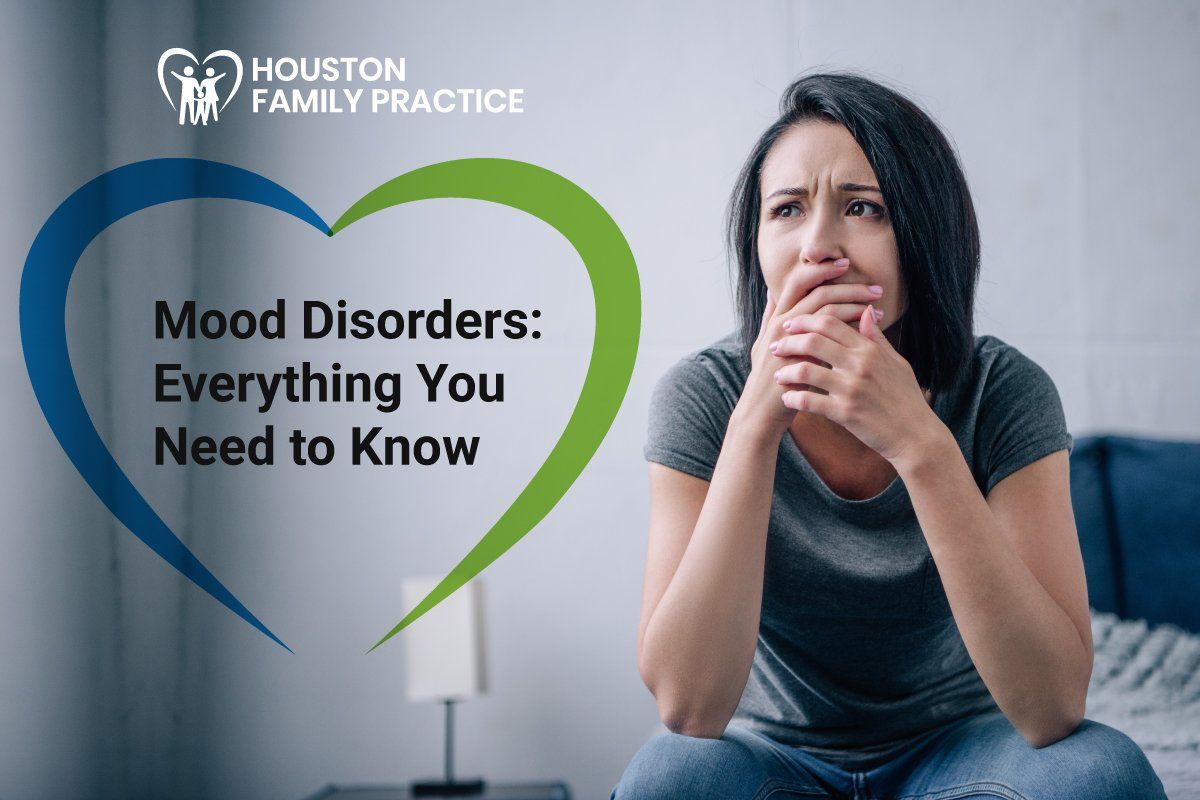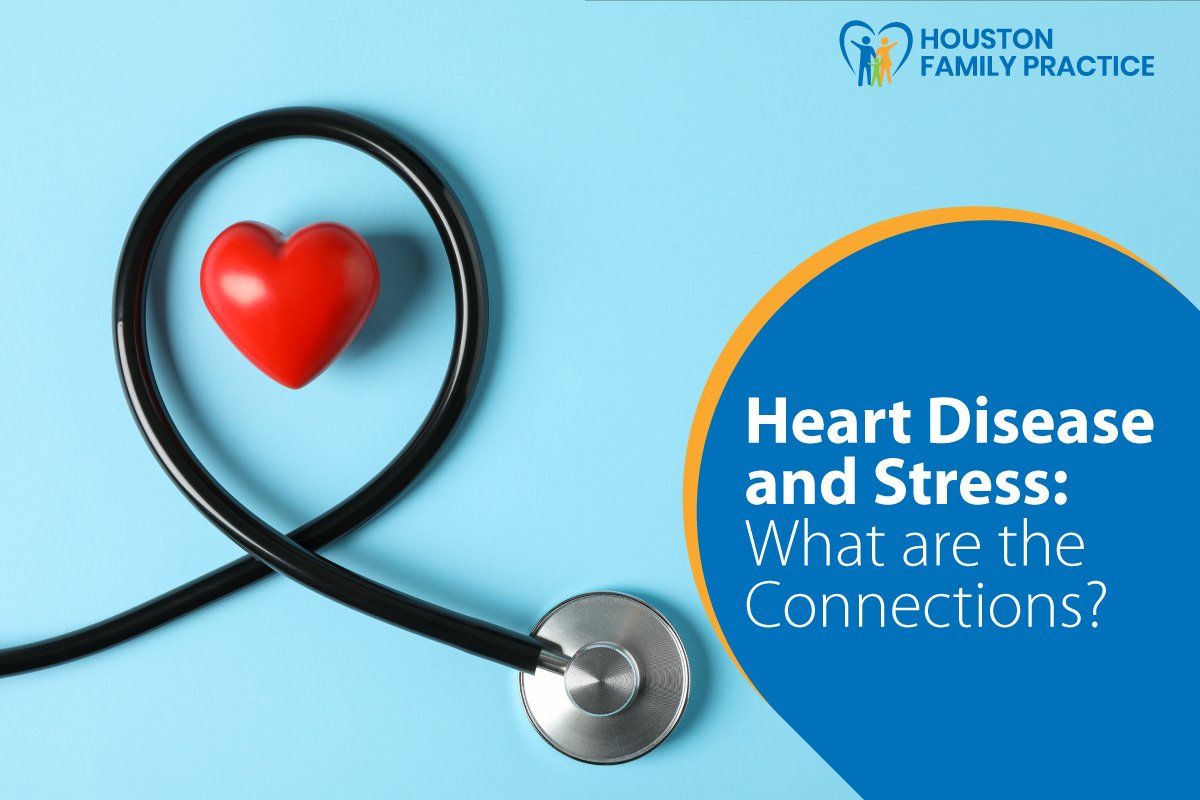Ten Questions You Should Ask Your Doctor During an Annual Physical Exam.

Annual physical exams can prevent health problems from escalating into serious illnesses. During your checkup, you should always ask your doctor some important questions. It is one way to ensure good communication and get a clearer picture of your health.
Here are ten questions you should ask your doctor during an
annual physical exam.
1. Am I at risk for any health issues?
Age, lifestyle, and gender determine which health issues you should be watching out for. In other words, if you recently began smoking, you need to be aware of the possible complications. Getting the best advice for your health requires honesty with your doctor.
2. Is my family history putting me at risk?
Consult your doctor if you and your family are experiencing the same illness repeatedly. The cause might require further evaluation or treatment. For example, your physician may recommend frequent tests if you have a family history of hypertension or high cholesterol. Genetic factors can play a role in certain conditions, like certain cancers, and your doctor might supervise you more closely.
3. Are there any additional screenings I need to undergo?
Physical exams are a good opportunity for your healthcare provider to examine you, run some lab tests, answer your questions, and generally make sure everything is okay.
Your healthcare provider may order additional tests or screenings based on the risk factors of specific conditions and your age. These diagnostic tests may be ordered based on age, sex, chronic illness, and recently completed labs:
- Lipid testing for cholesterol levels
- Hemoglobin A1c screening for diabetes
- Basic blood count (CBC)
- A colonoscopy check for abnormalities in the large intestine (colon) and rectum
- A Pap test screening for cervical cancer
- A mammogram screening for breast cancer
- Checking thyroid function with TSH
- Basic Metabolic Panel blood test for levels of electrolytes
Although these are some of the more common tests, every patient's case is different.
4. How soon should I schedule my next appointment?
The answer depends on your general health, lab results, and medical history. A regular checkup is necessary in case your healthcare provider identifies a problem. As long as you have good lab results, you may only need to visit once or twice a year.
5. What vaccinations do I need?
Vaccines help prevent diseases. Your doctor may suggest immunizations against certain medical conditions based on your age.
6. What is the best diet plan for me?
If you have any questions to ask the doctor, don't forget to ask about a recommended diet. Be sure to ask about what you should and should not eat. After all, you can maintain a healthy weight and stable blood pressure by doing this.
7. Do I Still Need All My Medication?
Taking medication out of habit is common, but it is essential to check whether you need to continue them and whether the dosage is correct. Also, speak to your doctor about how multiple medications may interact.
8. Do my physicals seem normal? If so, please tell me about my:
- Body Mass Index (BMI)
- Blood pressure
- Heart rate and Breathing signs (shallow, rapid, labored breathing)
9. How does stress affect my health?
It's often difficult to bring up depression, stress, or anxiety problems with your physician, but your annual exam is a perfect opportunity. Explain any new symptoms to your doctor, especially stress-related ones, and be open to discussion.
10. Are there any ways that I can stay healthy in the future?
At your annual physical exam, you can set health goals, discuss how to manage chronic diseases, and make follow-up plans.
Consult your doctor about making positive changes to your lifestyle—such as how your doctor can help you quit alcohol. However, your doctor might suggest foods to add to your diet or vitamin supplements in case of a vitamin deficiency.
Exercise may also help. If your knees are sore, swimming may be better than running. To relieve back pain, you can do core strengthening exercises.
What happens during a physical?
The first thing a doctor does is measure your vital signs like temperature, blood pressure, and heart rate. He assesses your body based on observations, palpitations, percussion, and auscultation.
The process of auscultation involves using a stethoscope to listen to your heart, lungs, and bowels.- Observations involve looking into your eyes, ears, nose, and throat using a variety of instruments. In addition, your physician will also note hygienic concerns. If symptoms or medical history indicate it, they may evaluate other parts of your body.
- The doctor will feel your body for lumps during a physical examination and examine your organs.
How Do We Move Forward?
In the course of the checkup, be sure to report any current symptoms or unusual feelings you may have. There is no need to worry; the doctors are trained to handle any situation, so you won't be the first with a sensitive issue. Do not be afraid to speak up about your concerns, even if you feel ashamed. Contact your physician when you have a question about your health or having trouble following instructions.
We are here to help you!
Our team of specialists at Houston Family Practice can assist you with healthcare needs, from preventive medicine to non-life-threatening emergencies. It's our pleasure to serve you!





